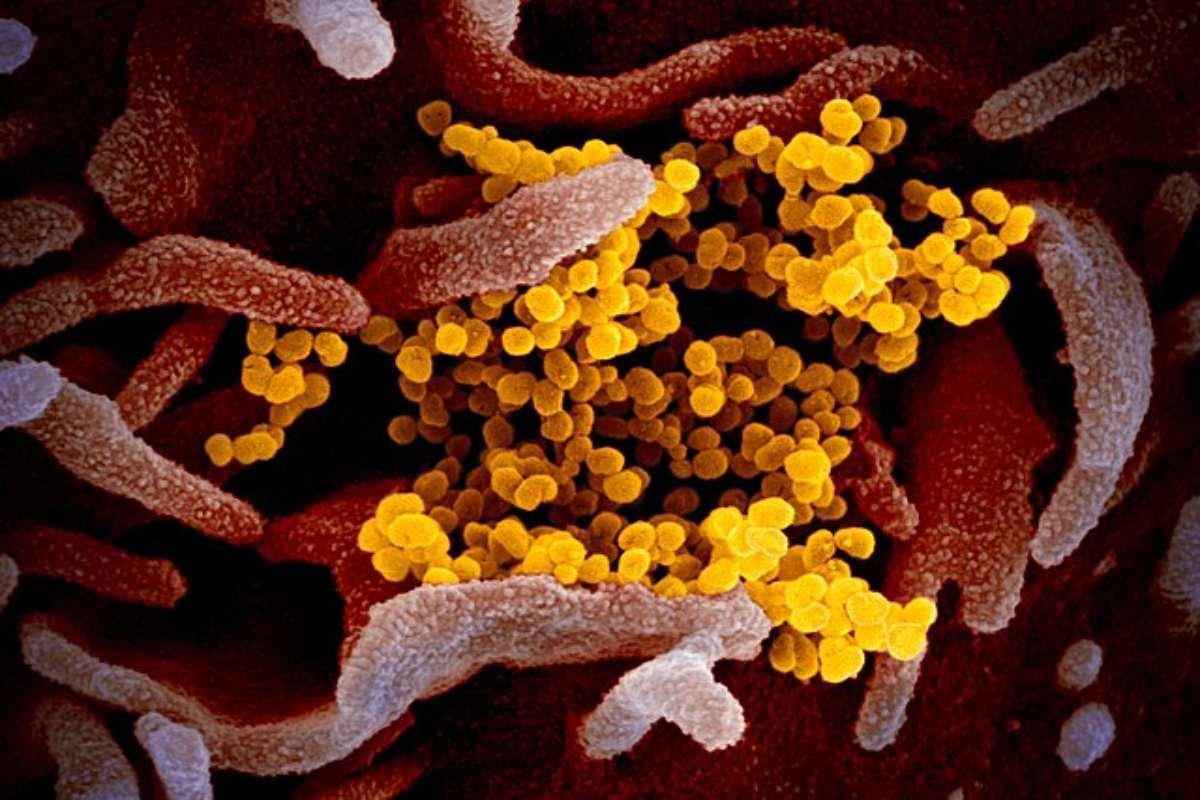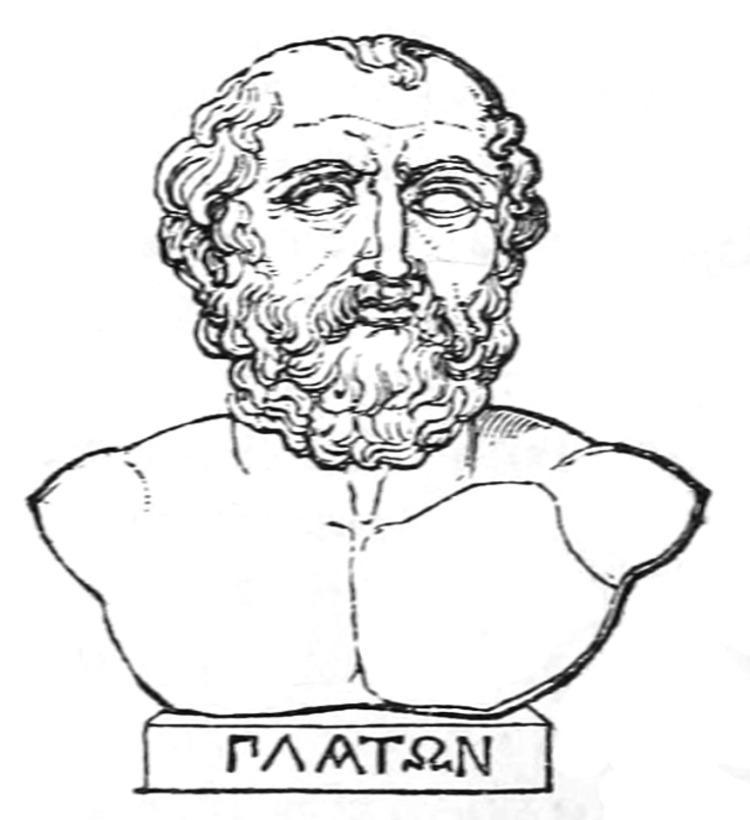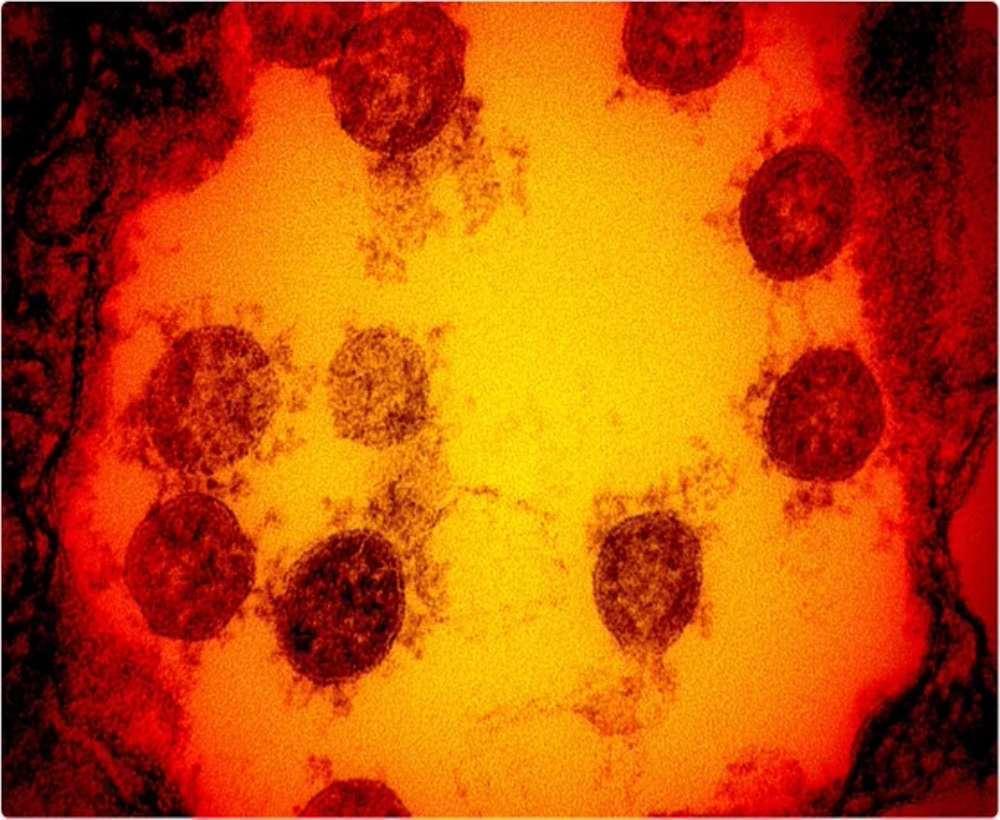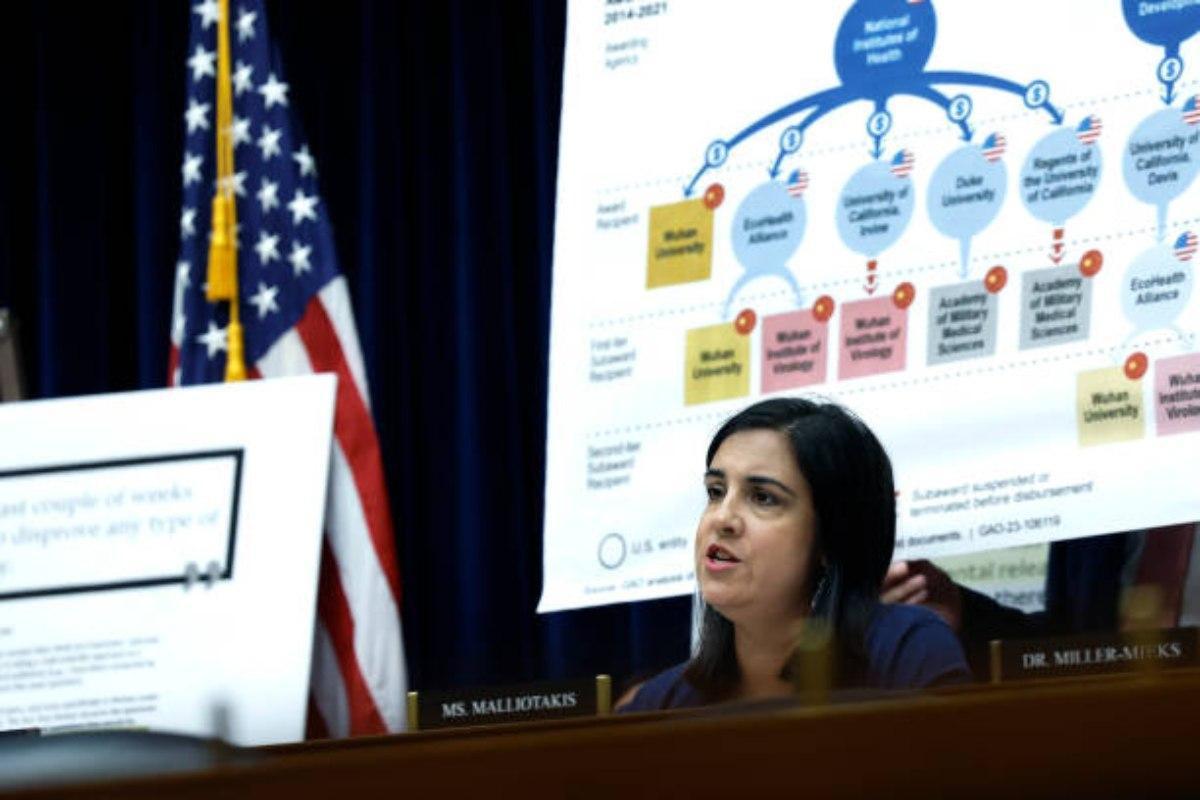The Journal ‘Nature’ Hit With Fraud Accusations Over Article About COVID-19’s Origins
Many people, some scientists included, are calling for a total retraction of a well-known report published in the journal Nature. The study noted that the SARS-CoV-2 virus originated outside of laboratories.
The study was written by several health professionals including Kristian G. Andersen, a professor in the Department of Immunology and Microbiology at Scripps Research. Taking a different viewpoint based on recently discovered documents, Andersen and his co-authors believe the lab leak theory was credible and highly likely.
The Report Brings Its Share of Doubters
Richard H. Ebright, Board of Governors Professor of Chemistry and Chemical Biology at Rutgers University, has publicly referred to the work as “scientific fraud.”

Source: NIAID/Wikimedia Commons
Ebright is actively promoting a petition asking Nature to withdraw the paper in light of current information. Numerous academics have signed the petition, including Neil Harrison, a renowned anesthesiology and molecular pharmacology professor at Columbia University.
Power Dynamics and Influences in Research
The study’s credibility is tarnished by worries concerning unrestrained influence and financing dynamics. Nature’s integrity and capacity to sustain stringent standards are called into doubt by the lack of accountability.

Source: Wikimedia Commons
Similar to Plato’s “Ring of Gyges,” the circumstance highlights the dangers of unaccountable authority and encourages thought on scientific power relations. This emphasizes the necessity for thorough checks and balances to maintain research integrity and avoid manipulation.
The Imperative of Upholding Scientific Integrity
The current dispute serves as a harsh reminder of how important scientific integrity is in influencing public discourse and decision-making. As new information emerges, it is crucial to demand responsibility and question accepted theories to rebuild and strengthen scientific confidence.

Source: @ejustin46/X
The growth of knowledge that benefits society’s interests depends on three fundamental pillars—transparency, ethical behavior, and a dedication to free discussion.
Navigating the Nexus of Science and Society
The SARS-CoV-2 research dispute is a strong reminder of the complex relationship between science, social trust, and ethical duty. Restoring public trust in scientific investigation will require addressing conflicts of interest and fostering openness.

Source: Anna Moneymaker/Getty Images
We must all work together to prevent prejudice, manipulation, and unrestrained authority from impairing scientific initiatives. Beyond academia, we may use the lessons from this incident to re-examine our ethical duties and preserve the fundamental values of honesty underlying the pursuit of knowledge.
